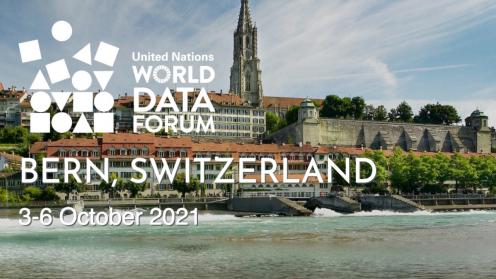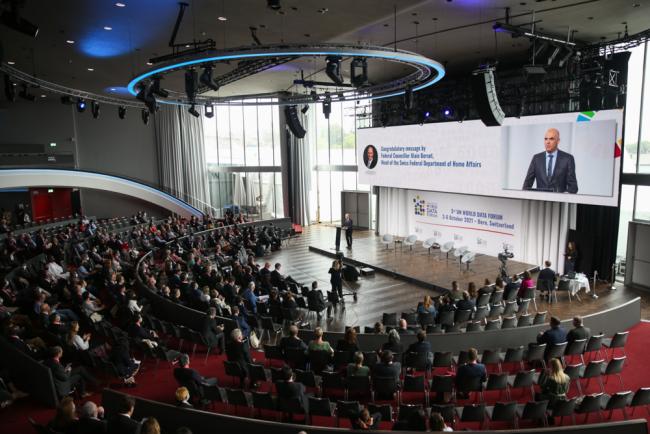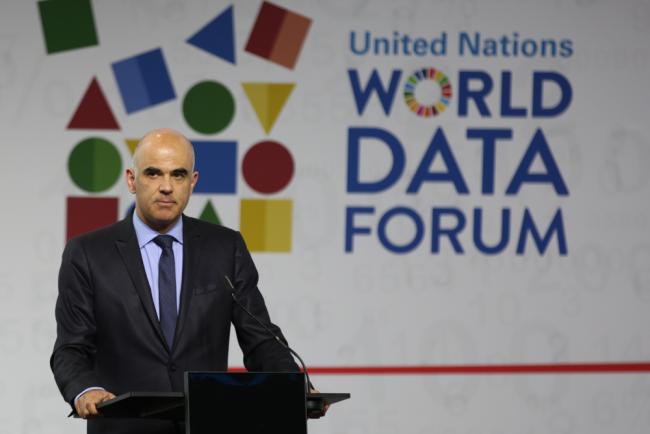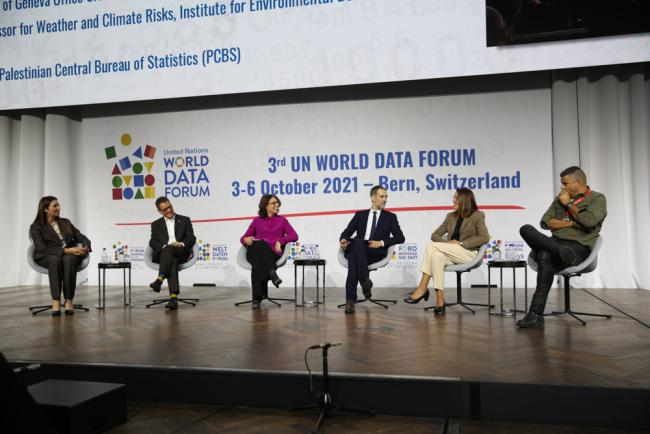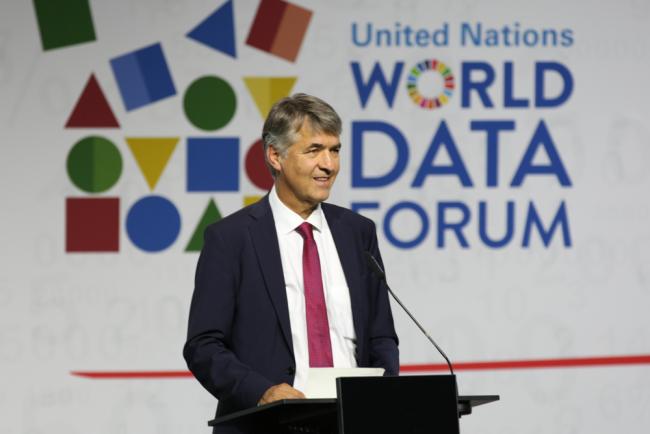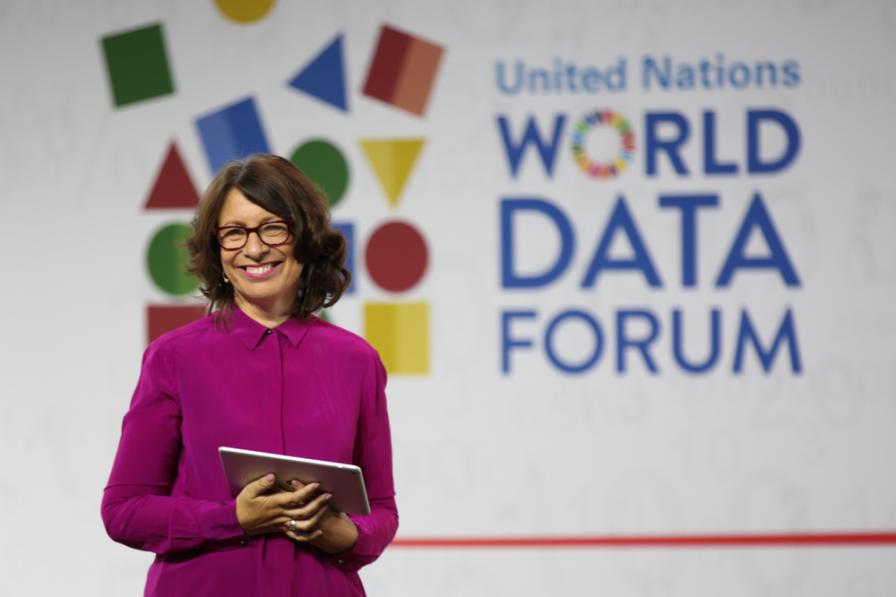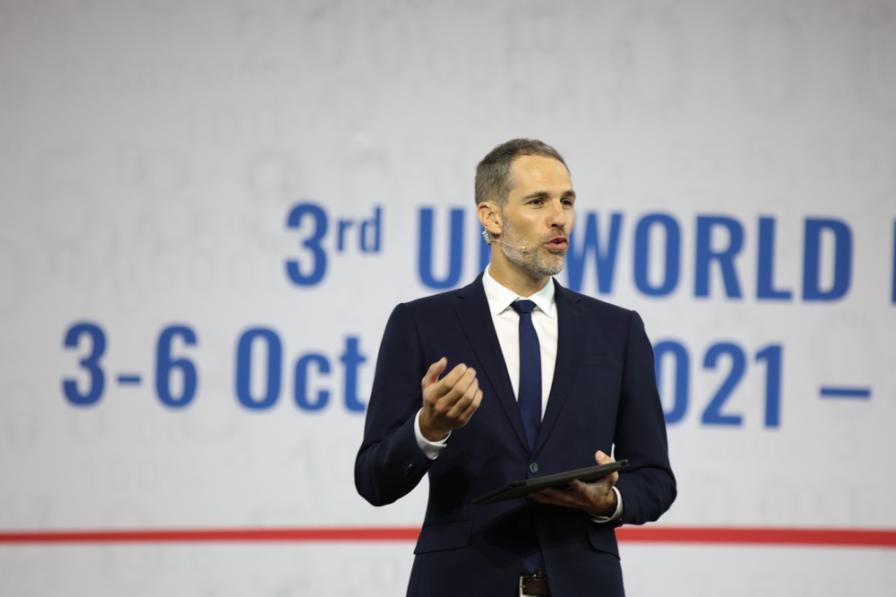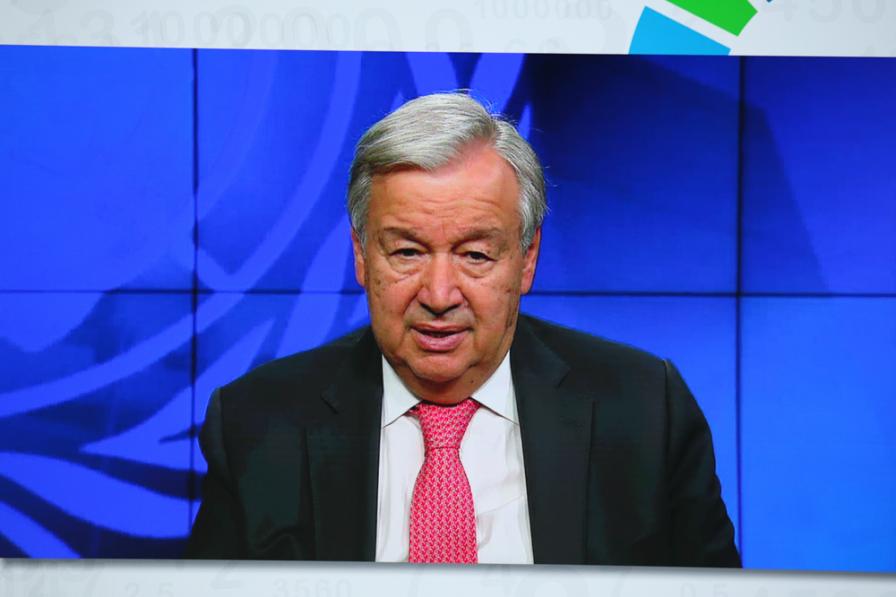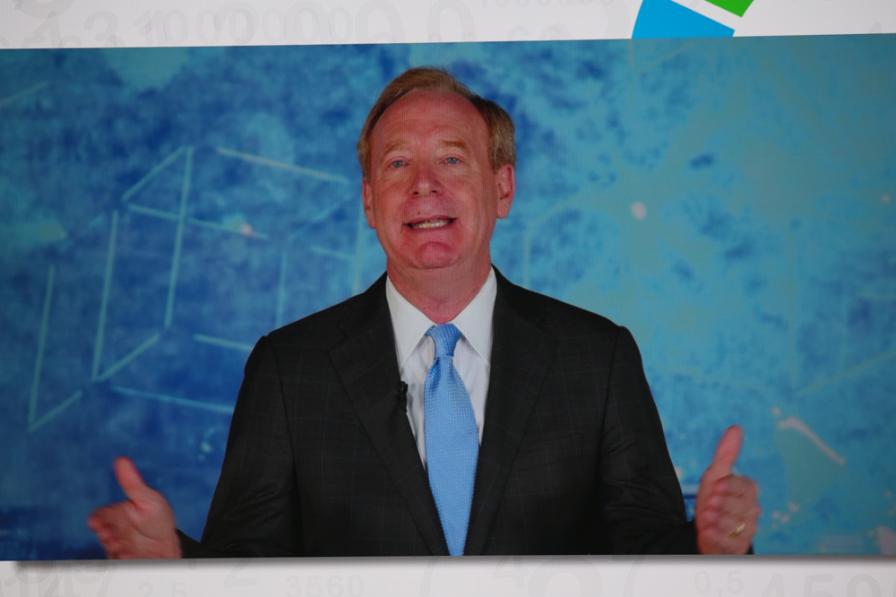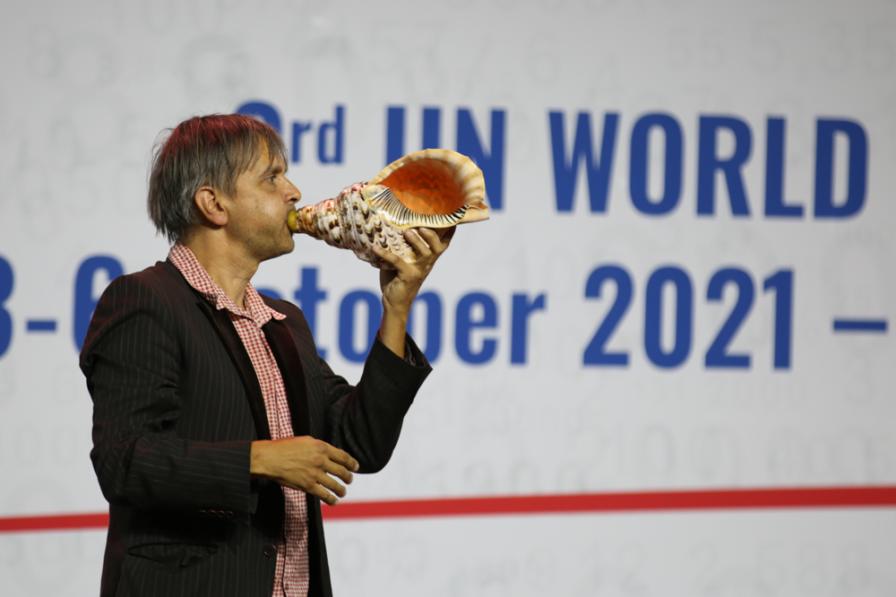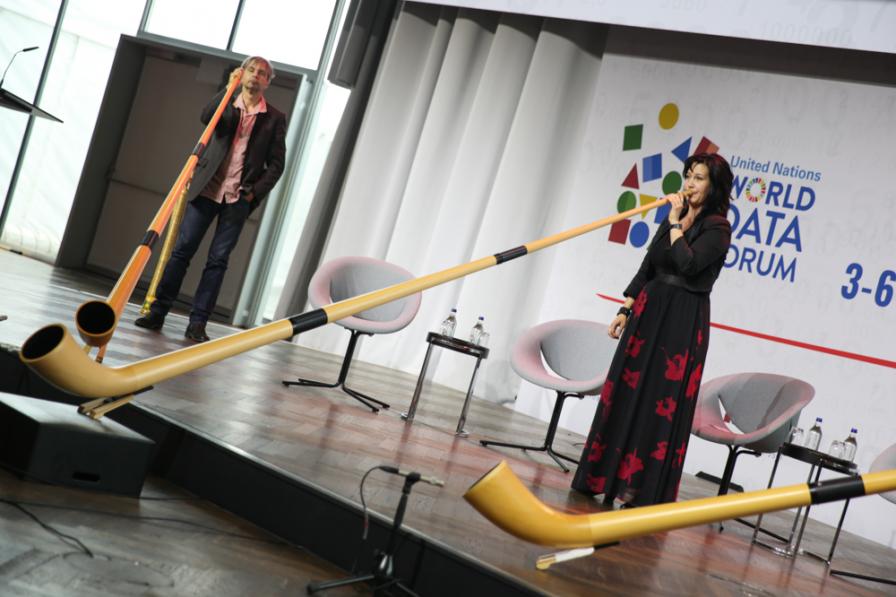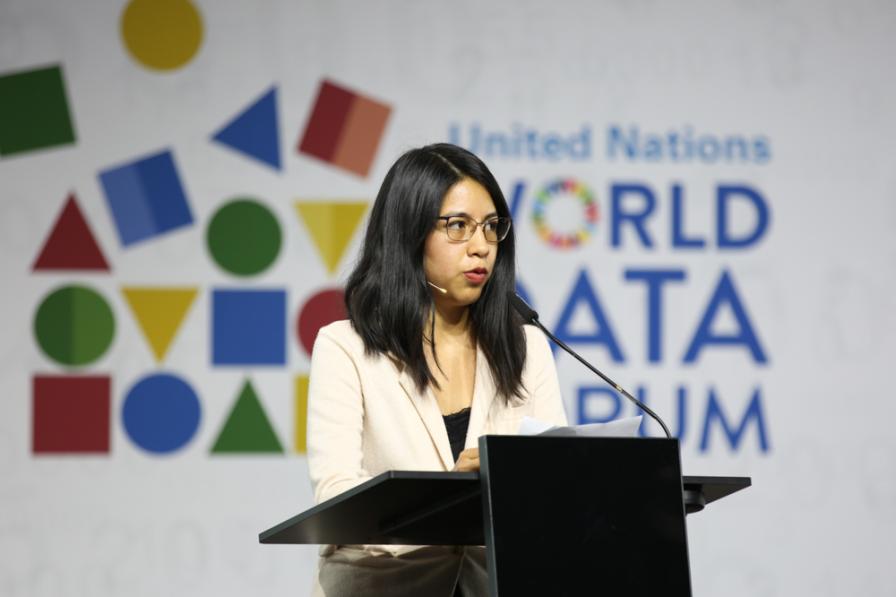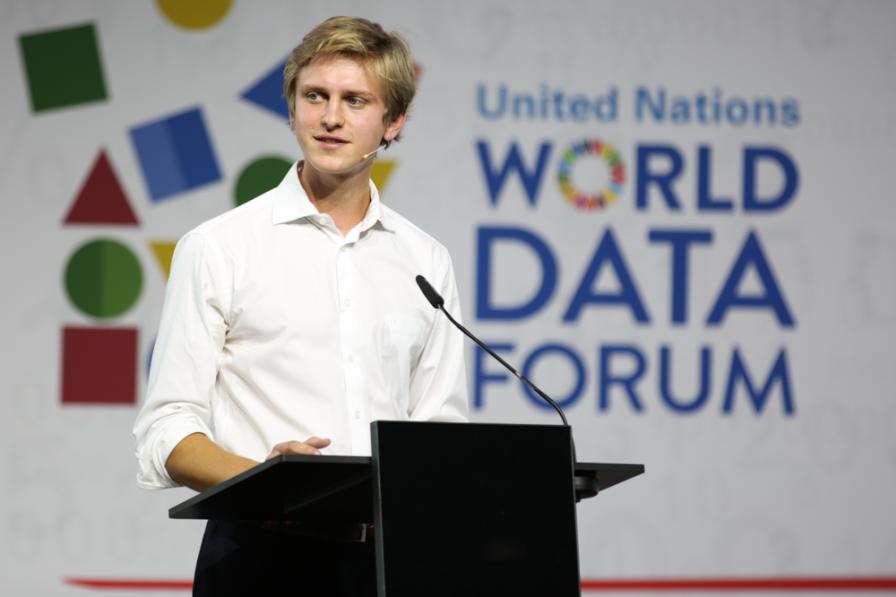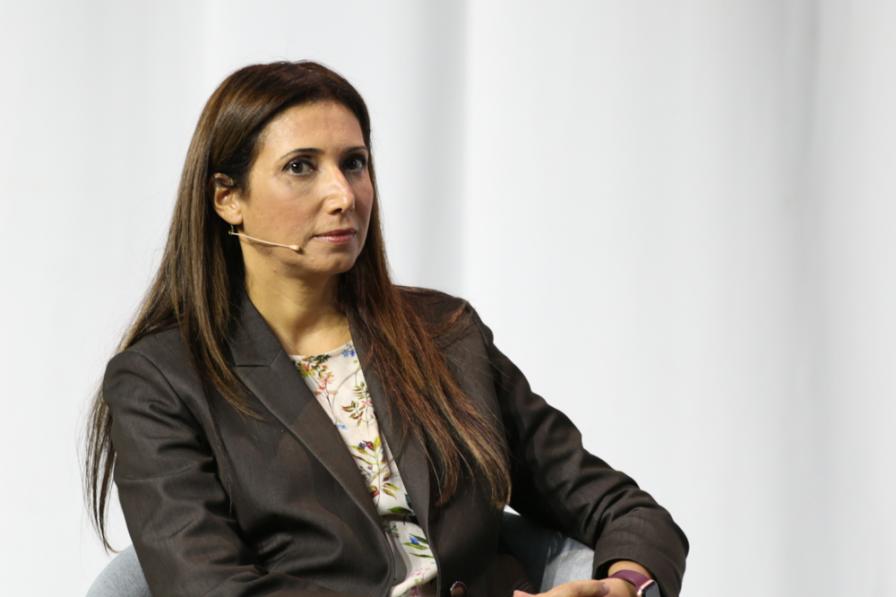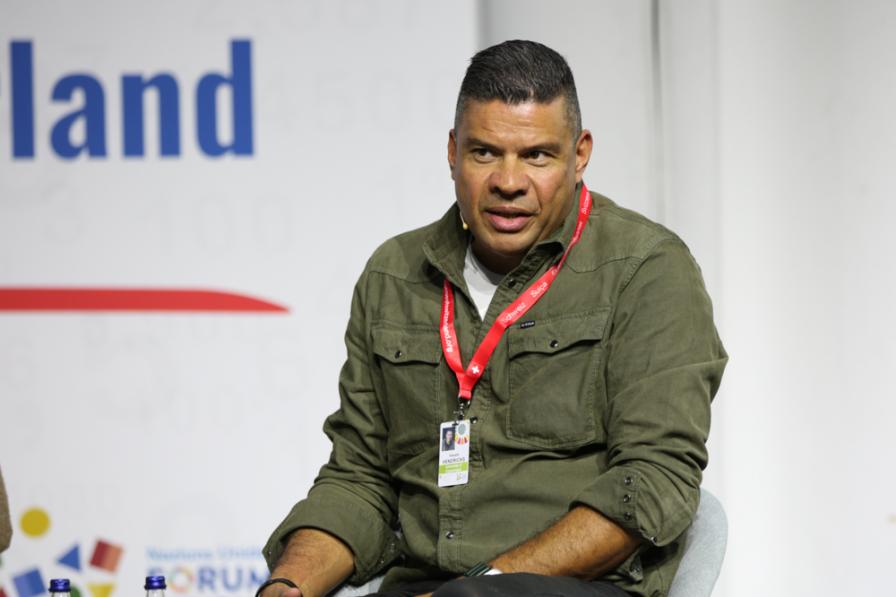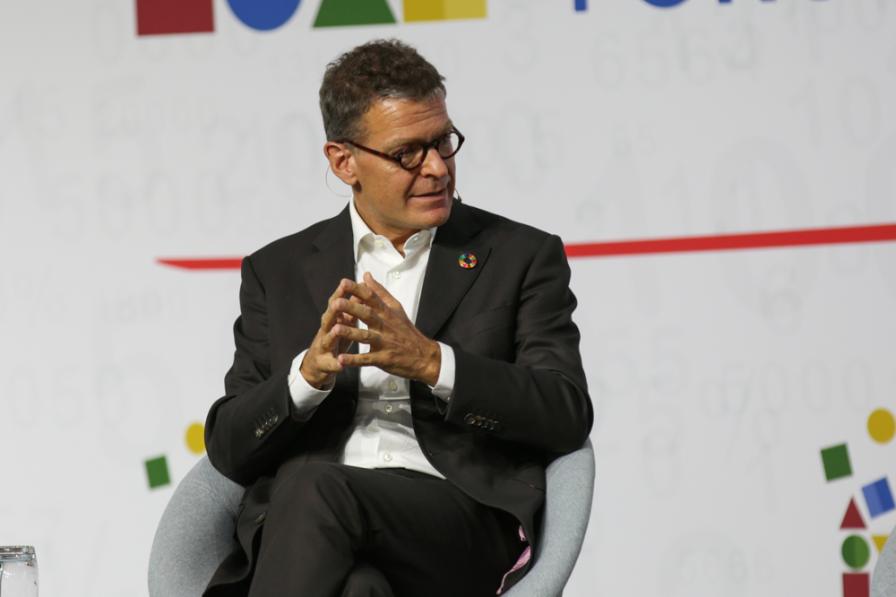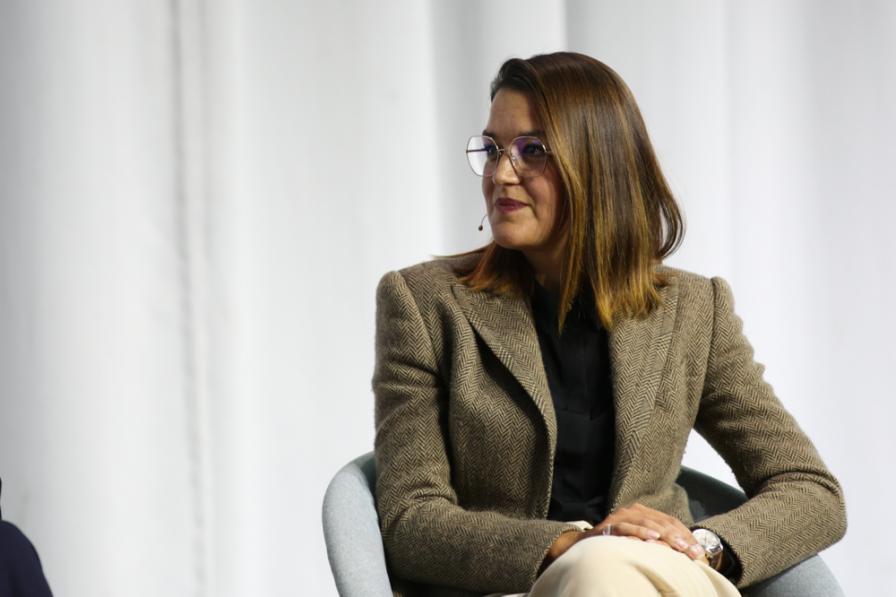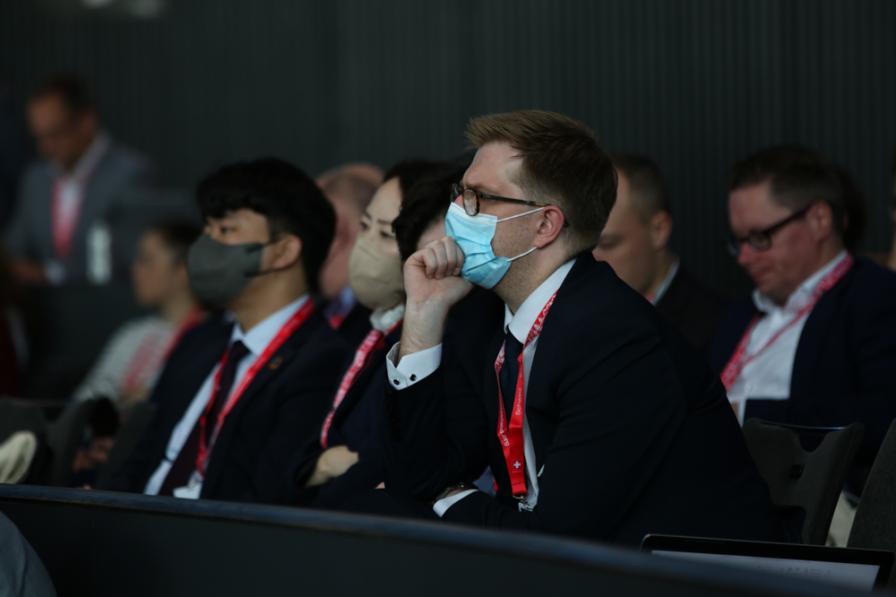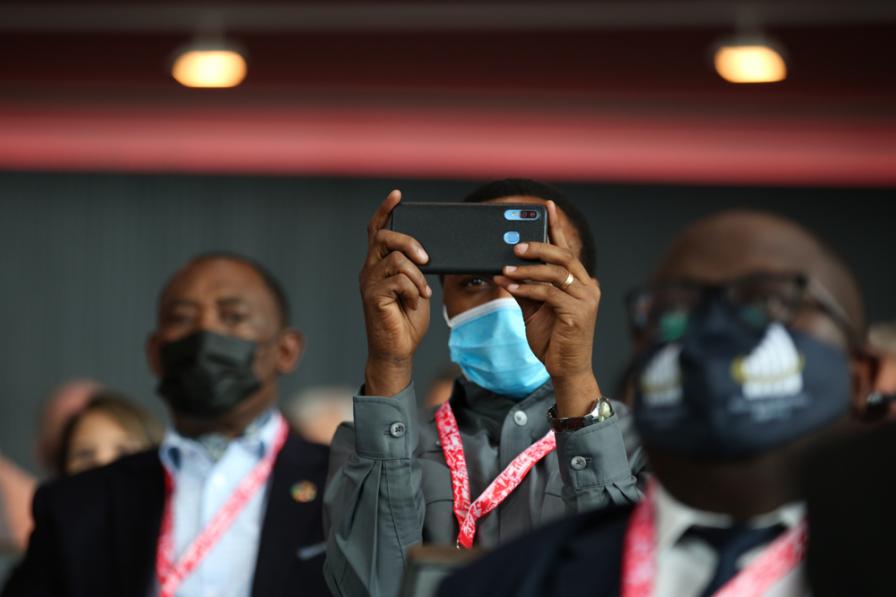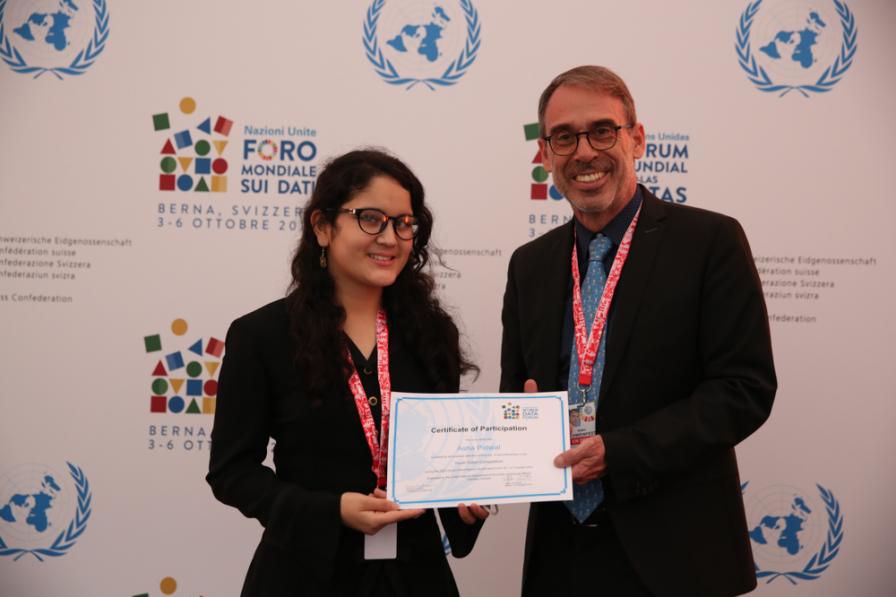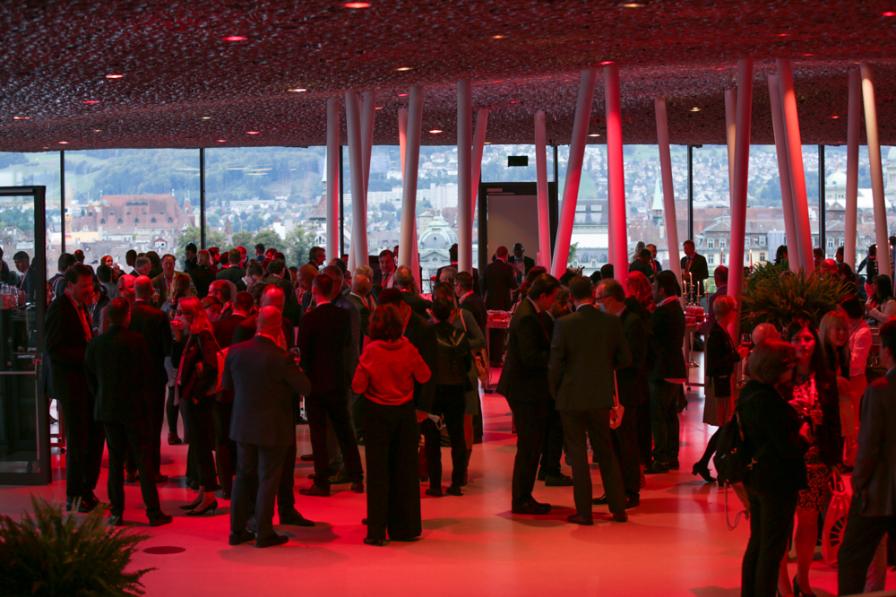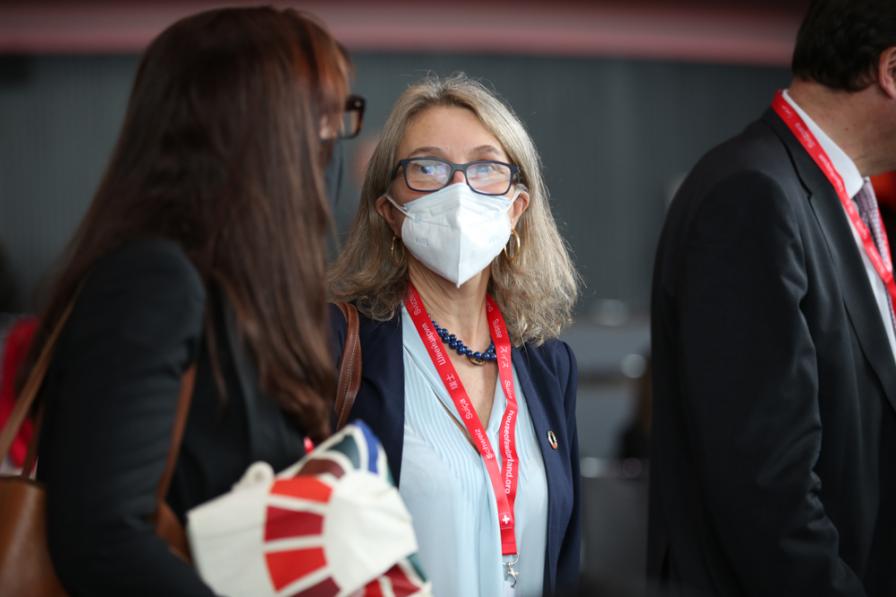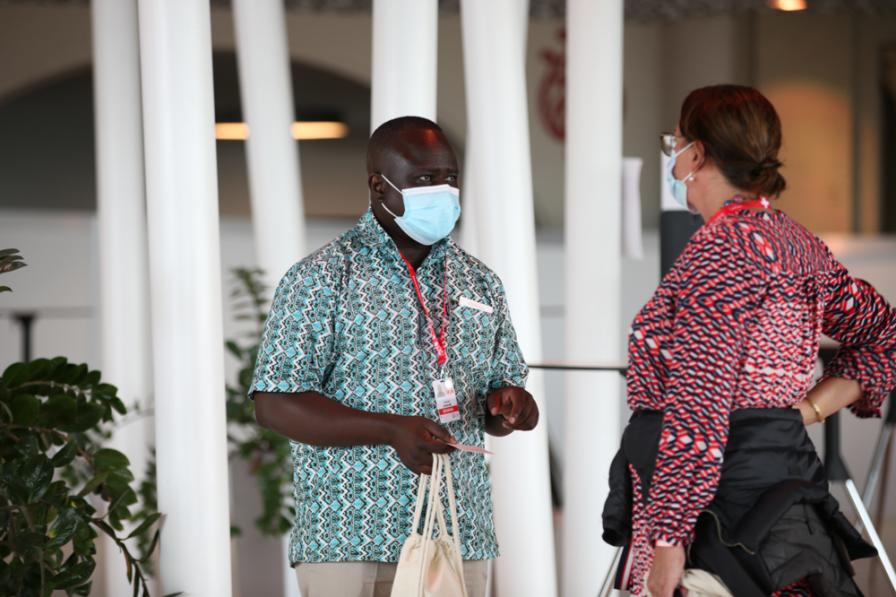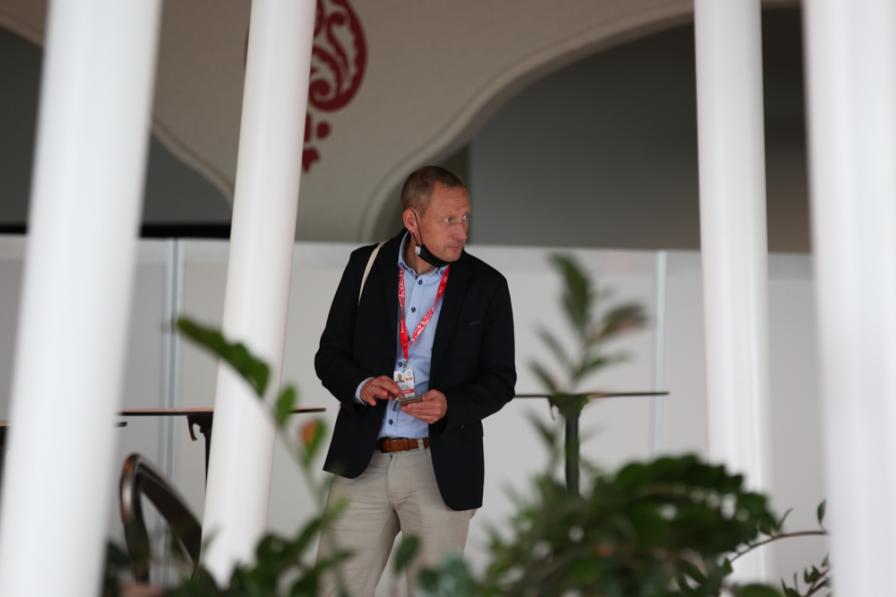Moderator Claire Doole, Doole Communications, welcomed participants to the 2021 United Nations World Data Forum (UNWDF), stressing the essential need to invest in data to track progress of the Sustainable Development Goals (SDGs) and continue to put data into “the hands of citizens.” Moderator Arthur Honegger reflected on the UNWDF’s opportunities to help societies understand and build trust in data and statistics, explore innovations and synergies, and help achieve the SDGs.
Alain Berset, Swiss Department of Home Affairs, highlighted the need to create an “information basis for political engagement,” acknowledging the pandemic threatens 50 years of progress in development. He reiterated the importance of reliable data “to understand the world and act accordingly,” as climate change, migration, geopolitical uncertainties, and growing inequalities make the world more volatile.
In a video message, António Guterres, UN Secretary-General, called for responsible investment in data, noting that people must be empowered and protected. Acknowledging the important political space of the UNWDF, he looked forward to the launch of new financing instruments and spaces like the UN Peace Security Data Hub.
Also via video, Brad Smith, President of Microsoft, explained that no matter what the problem may be, “data can play an indispensable role in solving it.” He outlined key actions needed, including: ensuring trust in data by protecting data security and privacy; advancing open data; and expanding opportunities for capacity building for people.
Alicia Maldonado, UN Youth Delegate, Peru, urged participants to assume responsibility for the voices not present, calling for decolonizing data collection and disaggregation to bring visibility to marginalized communities so policies do not leave them behind.
Nicolas Kurek, UN Youth Representative, Switzerland, urged addressing “information bubbles” on social media and challenged participants to answer overarching questions, such as: what is data; what does it mean; and how can a non-specialist access accurate data?
A panel of experts discussed whether and how data should drive societies. Stressing there is more data than people can understand, panelists said a key challenge is to ensure data represents all people, and reflects issues that affect their lives. On data’s impact on policy making, Vincent Hendriks, University of Copenhagen, highlighted the “delicate balance” between truth rooted data and narratives that sell. David Bresch, ETH Zurich and MeteoSwiss, said converting data to decision making take time, and noted statisticians are beginning to pay more attention to narratives. Ola Awad, Palestinian Central Bureau of Statistics (PCBS), said data literacy needs to be developed in partnership with stakeholders.
Susan Wilding, CIVICUS: World Alliance for Citizen Participation, noted the role of civil society goes beyond ensuring accountability, including developing narratives that can support deliberation on transformative change. Panelists underlined the need for partnerships that can build trust in data, particularly in light of social media’s threat on data privacy and spread of misinformation.
Alec von Graffenried, Mayor, Bern, said hosting the UNWDF is an honor for Bern. He outlined how Bern aims to create a culture of participation, recently adopting a new strategy on sustainability with 70% of the city’s Parliament seats occupied by women.
To receive free coverage of global environmental events delivered to your inbox, subscribe to the ENB Update newsletter.
Images from the Opening Ceremony
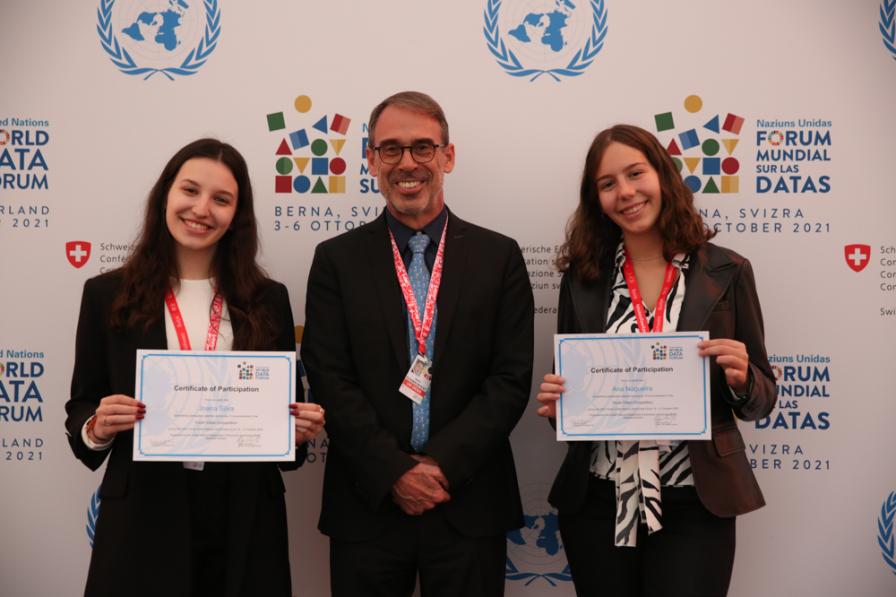
Joana Isabel Franca Da Silva and Ana Alves Nogueira, winner of the 'one minute voices of youth video' from Portugal, with Stefan Schweinfest, Director, Statistics Division, UNDESA
